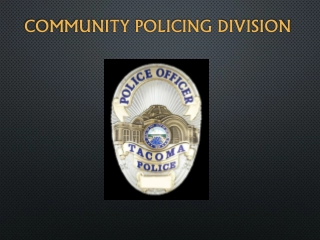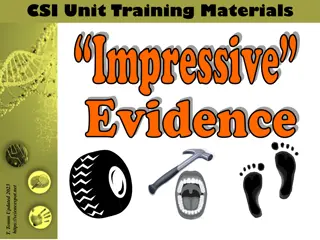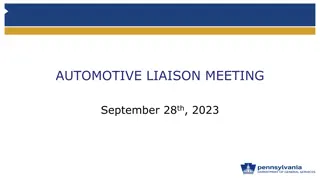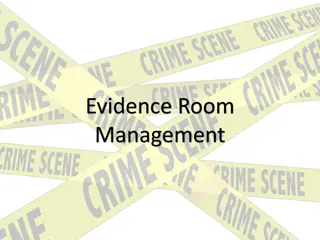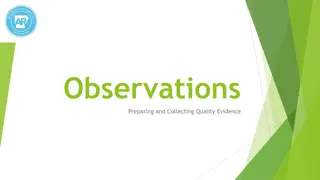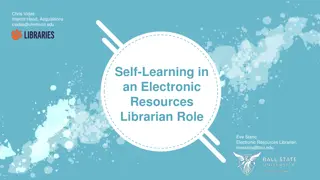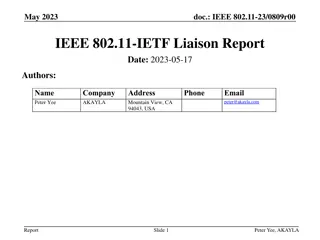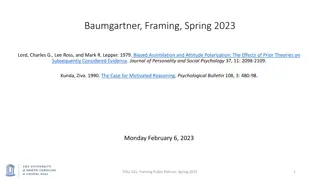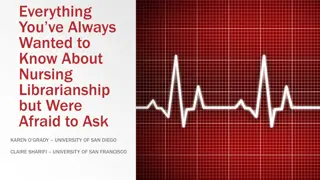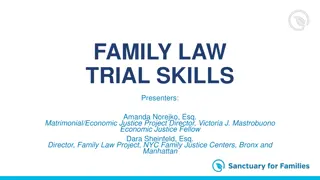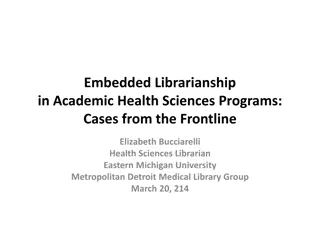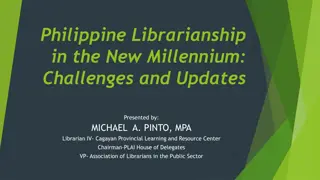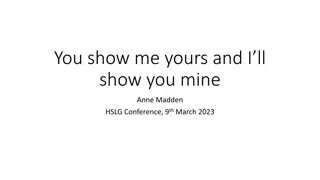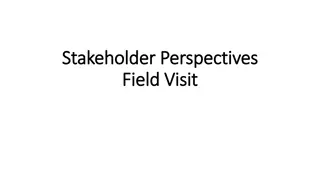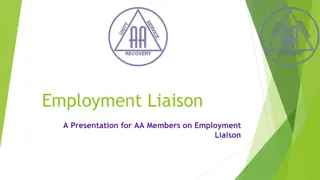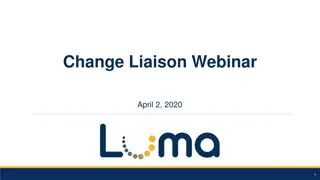Changing Landscape of Liaison Librarianship: Evidence-Based Processes in Collection Management
In the evolving field of liaison librarianship, the shift towards evidence-based processes and demand-driven collection management is explored. The impact of these approaches on information services and librarian practice is investigated through a survey of Association of Research Libraries (ARL) member libraries.
Download Presentation

Please find below an Image/Link to download the presentation.
The content on the website is provided AS IS for your information and personal use only. It may not be sold, licensed, or shared on other websites without obtaining consent from the author. Download presentation by click this link. If you encounter any issues during the download, it is possible that the publisher has removed the file from their server.
E N D
Presentation Transcript
CHANGING LANDSCAPE OF LIAISON LIBRARIANSHIP DURING A TIME OF EVIDENCE BASED PROCESSES IN COLLECTION MANAGEMENT MATT TORRENCE ASSOCIATE LIBRARIAN, NATURAL SCIENCES, ENTREPRENEURSHIP, & SUSTAINABILITY JOHN ABRESCH ASSISTANT LIBRARIAN, ACQUISITIONS & COLLECTIONS.
EVIDENCE BASED PROCESSES IN COLLECTION BUILDING In recent years demand driven or patron driven acquisitions have been adopted Ebooks Streaming Library patrons search a set of bibliographic records usually in a library catalog from which they could initiate title requests
HOW HAS LIBRARIAN LIAISON PRACTICE BEEN AFFECTED? The realization that several libraries have integrated evidence- based and demand-driven collections techniques led us to wonder 1) how prevalent is this? 2) Has the use of evidenced and patron based collection building approaches affected how librarians design and deliver information services?
A SURVEY OF ARL LIBRARIES The authors conducted a survey of librarians working in Association of Research Libraries (ARL) member libraries Excluding Canadian, special, and museum libraries, there were 85 libraries contacted Of the 85 Libraries contacted, there were 36 total responses (42.35%)
OUTCOMES AND NEXT STEPS Complete article (in progress) and publish in peer-reviewed journal Update literature review Follow-up on subject librarian practices with additional data gathering and/or survey/questionnaire See if outcomes continue to mirror those listed in recent professional publications, such as the STM Report https://www.stm-assoc.org/2015_02_20_STM_Report_2015.pdf Section titled, New developments in Scholarly Communication










